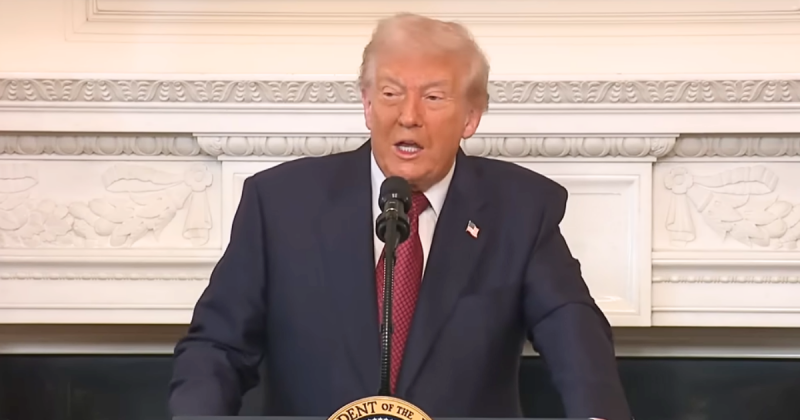The U.S. State Department on Friday announced a new initiative to assess the human rights practices of foreign governments, focusing on nations that prioritize mass migration, abortion funding or diversity, equity and inclusion (DEI) programs over the welfare and safety of their citizens.
Officials described the policy as a major shift in Washington’s approach to international human rights oversight.
A senior State Department official, speaking anonymously, said the initiative is “a tool to change the behavior of governments.”
The official emphasized that the United States remains committed to the principles outlined in the Declaration of Independence, noting that rights are “endowed by the Creator… not by governments.”
The official said the initiative aims to protect citizens while encouraging allied governments to align their policies with domestic safety priorities, The Western Journal reports.
Under the new framework, U.S. embassies are instructed to assess the public safety impacts of migration and the social consequences of policies that may favor illegal aliens over local populations.
The department cited incidents in Europe, including grooming gang activity in the United Kingdom, an illegal alien in Sweden convicted of raping a minor but allowed to remain in the country and a gang-rape case in Germany where perpetrators received relatively light sentences compared to a local woman who criticized the crime online.
Officials argue these examples highlight the risks associated with lenient immigrant policies.
The guidance requires embassies to monitor foreign policies related to abortion funding, gender-transition procedures for minors, facilitation of mass migration and restrictions on online speech.
Deputy State Department spokesperson Tommy Pigott said the effort is aimed at “preventing new destructive ideologies from gaining safe harbor abroad,” while also safeguarding citizen welfare and public security.
Critics contend the initiative redefines established international human rights standards to reflect domestic political priorities.
Uzra Zeya, a former senior State Department official and current human rights advocate, called the framework “jaw-dropping” in scope and warned that it risks undermining protections for women, LGBT individuals, religious and ethnic minorities and non-believers.
The initiative follows revisions to the State Department’s annual human rights report released in August, according to the BBC.
Analysts noted the report reduced coverage of government corruption and minority persecution in some countries while elevating scrutiny of laws restricting online speech in European democracies.
Observers suggest these adjustments mirror the Trump administration’s domestic agenda of curbing DEI programs and promoting merit-based policies.
State Department officials maintained that the updated framework is intended to ensure allied governments place the security and welfare of citizens first.
“We will focus on threats of violence, intimidation, and harassment against our citizens,” Pigott said, highlighting the integration of domestic policy goals with international human rights enforcement.
Officials also emphasized that the initiative is designed to provide clear guidance to embassies for evaluating policies with broad societal impacts.
Experts predict the review process could have significant implications for U.S. foreign policy, affecting diplomatic relations, aid allocations and evaluations of both allied and adversary nations.
The initiative is expected to pressure foreign governments to reconsider policies that may compromise citizen welfare or undermine social stability.
Analysts also note it represents a shift toward using international human rights mechanisms to advance U.S. ideological priorities abroad.
The new framework underscores a growing trend of aligning domestic priorities with international oversight, signaling a more assertive U.S. posture on global human rights enforcement.
Officials argue that by linking policy assessments to citizen welfare and public safety, the initiative provides a blueprint for holding governments accountable while strengthening U.S. leadership in shaping global norms.

